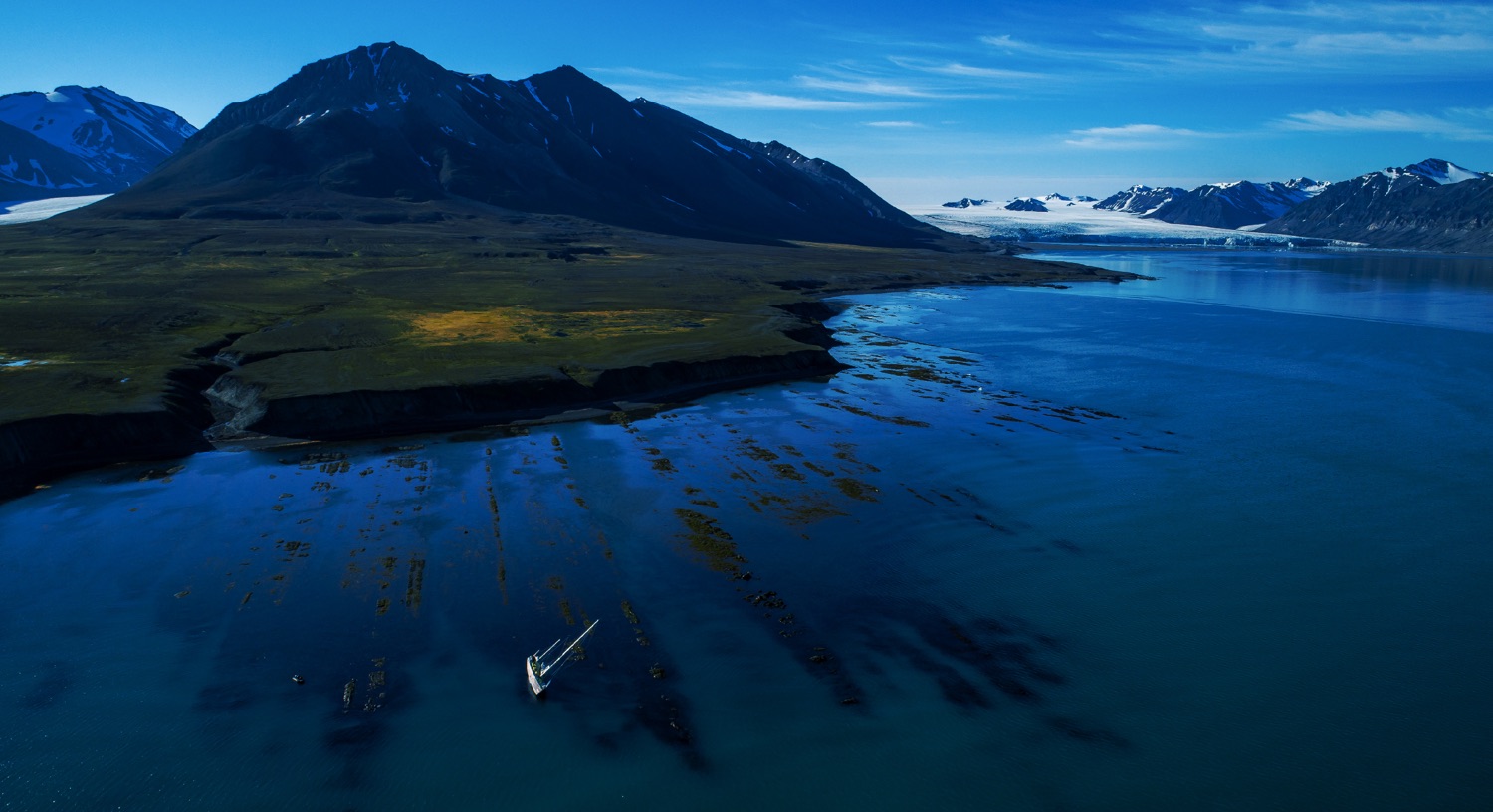

Join the movement for community-led solutions today.
You protect our planet with a donation to the Climate Action Fund.
We make sure your donation reaches high-impact grassroots projects.
You receive quarterly email updates with stories from innovative leaders tackling the climate crisis from the ground up.
Across the globe, climate action led by the communities most affected by this global crisis is often underfunded and overlooked. By providing ongoing support for local leaders who understand the challenges facing their communities, the Climate Action Fund is redefining business-as-usual. Join the movement for community-led climate action today and we’ll match your first month’s gift!
The GlobalGiving community is home to organizations fighting climate change at all levels. Each Earth Day, we invite YOU to join climate leaders across the globe in deciding which nonprofits will earn year-long funding through the Climate Action Fund.
Together, we can support local leaders taking on the most urgent global challenge of our time.